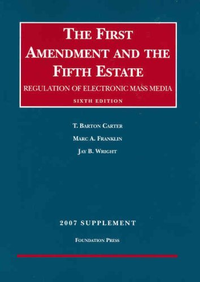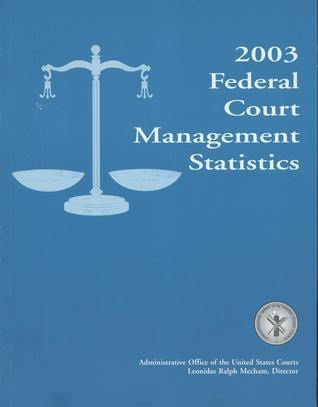Ransom Kidnapping in America, 1874-1974: The Creation of a Capital Crime

Summary
The first comprehensive account of ransom kidnapping in America and the dramatic crime control efforts spawned by this sensational crime.
The research completed by Alix includes painstaking analysis of every reference in the New York Times to the unlawful taking of human beings and of the public and official reactions to the act in this country since 1874. In addition, press reports, editorials, letters to the editor, the Congressional Record, House and Senate journals, and state and federal court reports complementarily create a compendium of information which provides a remarkably rich portrayal of the social evolution of a capital crime.
Such a thorough treatment will be of vital interest to students and professionals in fields such as social studies, criminal law, criminology, law enforcement, and administration of justice.
Similar Books
-

-
 International Law
International Lawby Barry E. Carter
-
 Torts: Cases and Questions
Torts: Cases and Questionsby Ward Farnsworth
-
 Corrections: The Fundamentals
Corrections: The Fundamentalsby Burk Foster
-
 Ipse Dixit: How the World Looks to a Federal Judge
Ipse Dixit: How the World Looks to a Federal Judgeby William L. Dwyer
-
 Crimes and Trials of the Century: Volume 1
Crimes and Trials of the Century: Volume 1by Steven M. Chermak
-
 Domestic Violence and the Law: Theory and Practice
Domestic Violence and the Law: Theory and Practiceby Elizabeth M. Schneider
-

-
 Verdict: Assessing the Civil Jury System
Verdict: Assessing the Civil Jury Systemby Robert E. Litan
-
 A Restatement of Rabbinic Civil Law: Volume IX
A Restatement of Rabbinic Civil Law: Volume IXby Emanuel B. Quint
-
 Foundations of Intelligent Tutoring Systems
Foundations of Intelligent Tutoring Systemsby Martha C. Polson
-

-
 The Federal Courts as a Political System
The Federal Courts as a Political Systemby Sheldon Goldman
-
 The First Amendment and the Fifth Estate, 2007 Supplement
The First Amendment and the Fifth Estate, 2007 Supplementby T. Barton Carter
-
 The Administration of Justice from Homer to Aristotle
The Administration of Justice from Homer to Aristotleby Robert Johnson Bonner
-
 2003 Federal Court Management Statistics
2003 Federal Court Management Statisticsby Leonidas Ralph Mecham
-
 Unhappy Anniversary: Fifty Years Since Roth V. United States
Unhappy Anniversary: Fifty Years Since Roth V. United Statesby Daniel Mark Cohen
-

-
 Police Ethics and the Jewish Tradition
Police Ethics and the Jewish Traditionby Stephen M. Passamaneck
-
 Townshend-Smith on Discrimination Law
Townshend-Smith on Discrimination Lawby Michael J. Connolly
-

-
 Administration of Justice from Homer to Aristotle
Administration of Justice from Homer to Aristotleby Robert Johnson Bonner